Over the years, Old Man Fitness has been taking on some of the most prevalent myths and misconceptions associated with the fitness world, hoping to shine a light on the ways we fail to trust ourselves over old wives’ tales and marketing gimmicks. Today, we’re going to shift that cynical lens toward a new target — the times when we shouldn’t trust ourselves.
Whether you’re just starting out on your fitness journey or you’ve been in the game for years, we’re all human, and that means making mistakes. Sometimes we grow too accustomed to our regimen and complacency sets in, sometimes we slip up because we don’t quite understand the mechanics behind what we’re doing — and if we’re being honest — some mistakes are born out of exhaustion, laziness, and those three words we’ve all said before when a workout was really wearing us down: “Aw screw it.” Today, we’re going to address some of these common mistakes and talk about what we can do to combat them in our own routines.
Because, to borrow a famous quote from a different Alex that spent all his time writing, to err is human, but to make progress is divine.
Pushing too hard, too fast.
We’re all familiar with the soreness that comes with starting a new workout regimen. Whether you’re coming back from taking some time off or getting under the weights for the first time, we all expect soreness to set in when we’re through — and we know it’s going to hurt even more as the day wears on. If you can stick it out for long enough, you’ll come to find that soreness plays less of a role in your recovery time than it did at the start. You just have to give yourself a chance to get there.
If you’ve never worked out before (or it’s been years) – ease your way into a new regimen. Don’t just throw how much weight you could do fifteen years ago on the bar and assume you haven’t lost a step; approach the weights (or a run) for the first time with a mindset that you’re going to allow your body to dictate what you can do. If your long-term goal is to run a marathon, your first workout from the couch won’t be a 26-mile jog. Likewise, if you’re hoping to hit 350 on the bench this summer, you’re going to want to build your way up to it.
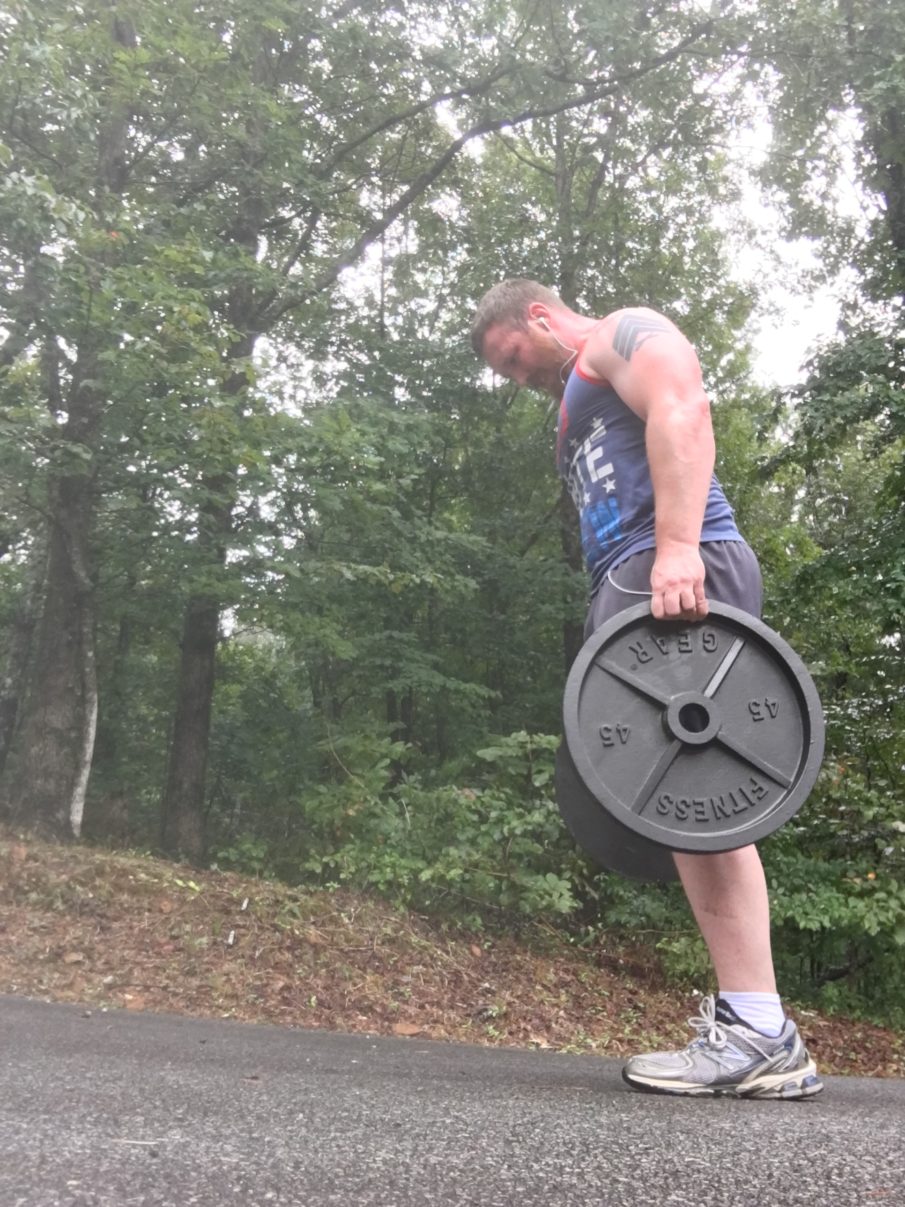
Pushing yourself too hard too soon may seem productive, but if you hurt yourself, or worse, you make the experience a miserable one, chances are good that you won’t keep coming back, and as we’ve discussed many times before, consistency and dedication are what make the difference when it comes to fitness. Work your way up to the grueling workouts – they’ll still be there when you’re ready.
Ignoring your core
Back when I was on Inspector-Instructor duty, I spent every spare moment I had in our unit’s gym. It gave me an outlet for the stress of our seven-day work weeks and 12+ hour workdays and, to be honest, it’s always easier to lead Marines when they knew you can out-hump, out-push, and out-run the guys in your squad. I’m not saying you can’t be a good leader in the Corps from the back of a formation, but if I’m honest, I’ve never seen it happen.
Being capable of leading from the front in a physical situation doesn’t really require much in the way of biceps — even if they’re the thing we tend to focus on in popular culture. No, if you want to be able to manage a heavy pack, hip toss a sparring opponent, or throw a good punch, the muscles you need to work on aren’t really the same ones that make you look swole at the beach: it’s your core.
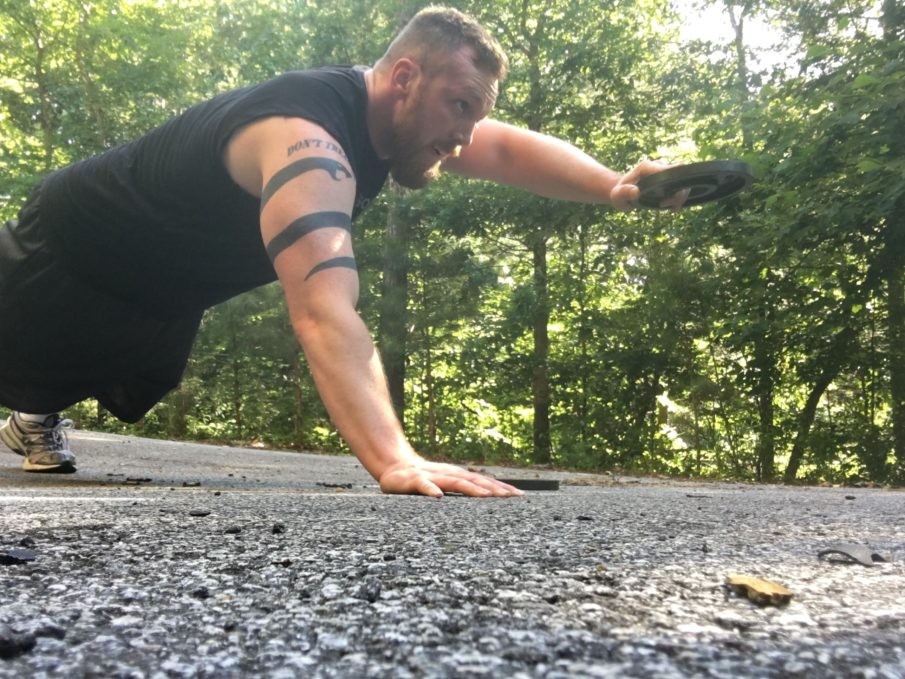
A strong core will make you far more resilient and capable than a million-pound bench press or a thousand pull-ups. Crunches, planks, back extensions, even Pilates and yoga are all great ways to strengthen your core, adding power to everything from your punch to your stride, and all while helping to prevent career-ending back injuries. If you want to look like you can fight, do another set of tricep extensions. If you want to win a fight, don’t ignore your core.
Getting all wrapped up in the numbers
“So, how much can you bench, bro?”
There’s nothing wrong with keeping track of your single-rep maxes on different lifts. It can be a great way to gauge your progress as you move forward with your fitness endeavors, but that’s really all those numbers are good for. A single-rep max isn’t always a great indicator of fitness, nor is it even a great metric to determine a person’s functional strength. Lots of things go into nailing down a new personal record on the bench, for instance: form, hand placement on the bar, a proper warmup, and a competent spotter. I’ve known plenty of guys who could bench more than 300 pounds that I would also deem to be just about worthless in a fight. Maxes are like tests: being a good test taker doesn’t always mean you’re the smartest guy in the room.
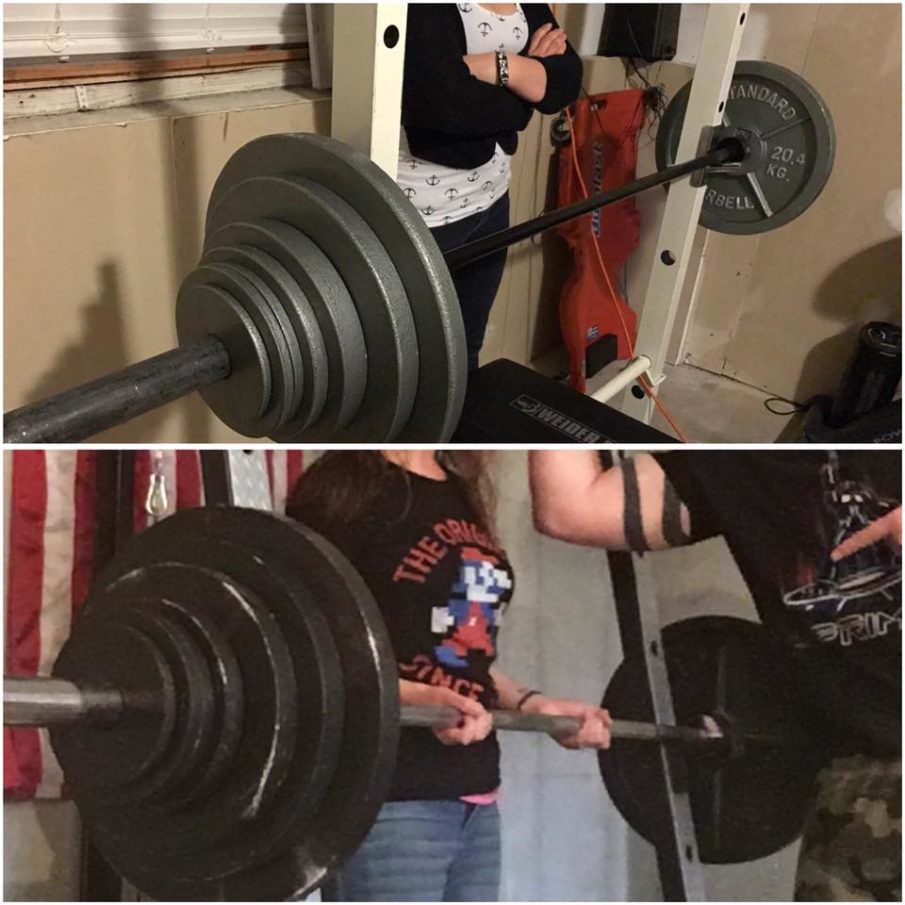
However, so many people attribute so much thought to the numbers on the sides of the plates they’re loading on the bar that they begin to compromise form for the sake of a few more pounds. Unless you’re in a competition, working out is not a competition. You don’t need to lift more than the guy next to you, your goal should be to lift more than the guy you used to be.
Stop worrying so much about your scorecard, and instead focus on making progress. Overwhelming yourself with too much weight and then knocking out a few shitty reps may give you a higher number to boast about on Facebook, but it won’t make you stronger, and that was supposed to be the point, wasn’t it?
Sacrificing your flexibility
Once you’ve been lifting for a bit, you may begin to notice your clothes fitting a bit differently, people glancing at you in new ways (assessing a threat or a potential date), and generally feeling better about yourself than you had experienced during the more couch-bound periods of your life. However, you may also notice a rapid reduction in your flexibility.
Building muscle mass often comes at the detriment of general flexibility unless you actively engage with the problem. As we discussed last week, static stretching before your workout doesn’t do any good (and may even be harmful), but dynamic stretching before hand, and static stretching in the evenings before bed, can really help ensure you keep or even improve your overall flexibility as you get stronger. Flexibility isn’t an afterthought; it’s a requirement to help prevent injuries and sustain quality of life. If you can’t bend over to tie your shoes, I don’t care about much you leg press. You’re still no good to me.
If fitness is your goal, and not just sheer strength, flexibility has to be among your priorities, but even if all you’re about is moving more plates, flexibility will help keep you injury-free – and that’s something we all care about.
Forgetting about rest
In some ways, building muscle is really all about cycling between trauma and recovery. As you work, you actually do create tiny tears in your muscle fibers. While it’s commonly believed that muscle soreness after a workout is the result of lactic acid buildup in your muscles, that acid actually has nothing to do with why it hurts to get up in the morning the next day — that pain is literally due to you tearing your muscles apart.
As your muscles heal, they fill in those tears, resulting in a larger muscle that can better withstand the punishment you subjected it to in the first place. It’s a brilliant piece of biological engineering that allows your body to grow stronger in exactly the ways it needs to when exposed to consistent stresses — but it only works if you give it a chance to complete the cycle.
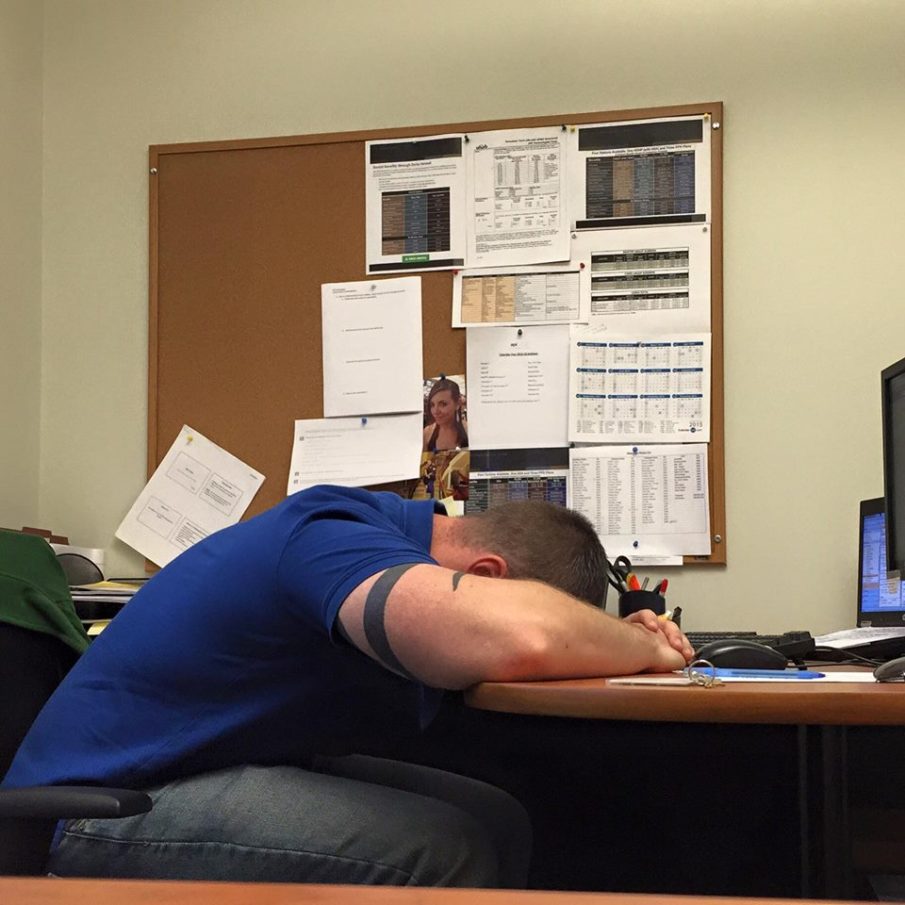
Hitting the squat rack hard every day may seem like the fastest route to getting stronger, but in reality, you need to take time off for your muscles to heal and develop. That’s why lifters working to build muscle tend to use split-muscle group workouts, whereas those looking to cut fat or maintain muscle often lean toward daily, full-body workouts. You can get stronger using a daily full-body regimen, but if gaining strength and size is the goal, the road to your objective will be a lot longer without adequate recovery time between heavy workouts.
We all know that how you eat is a huge part of fitness, but many people forget that spending some time on the couch, getting enough sleep, and allowing your muscles adequate time to recover is just as important as the lifting itself.
So if you want to get stronger, take recovery as seriously as you take your workouts.
Images courtesy of the author

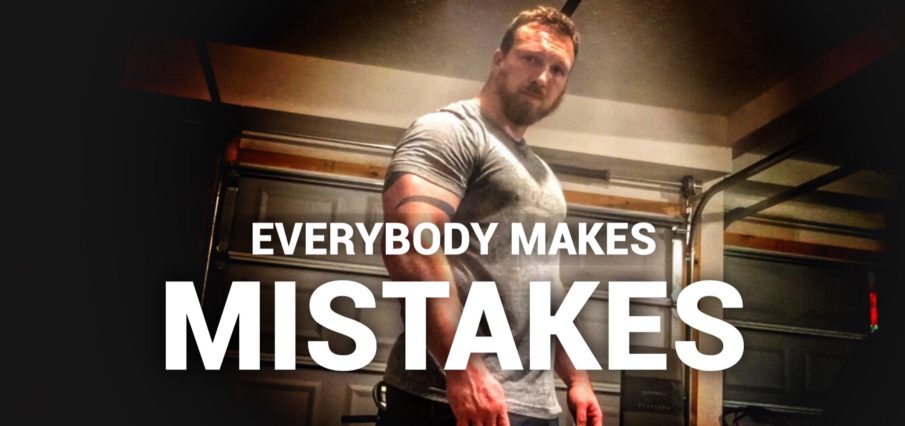








COMMENTS